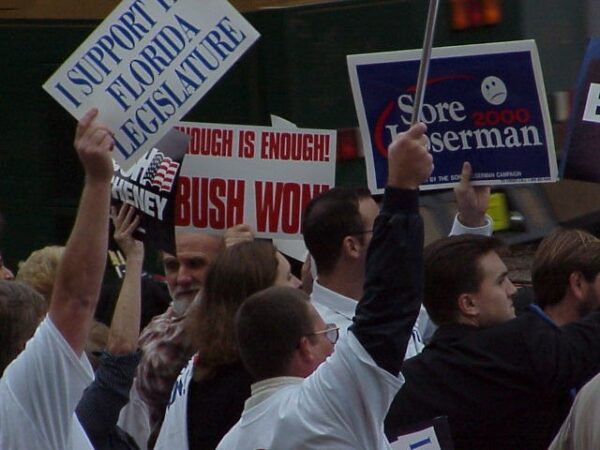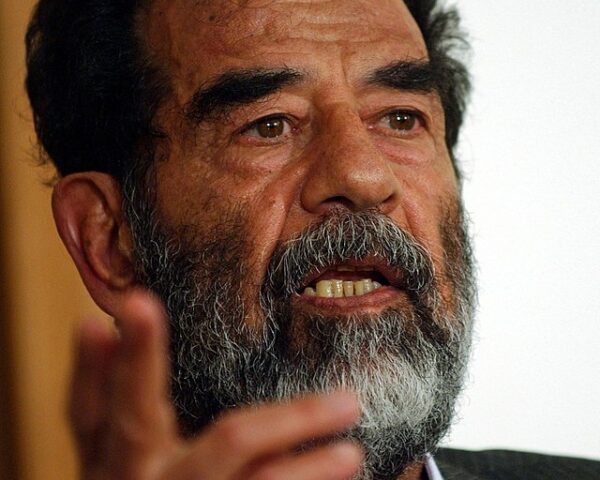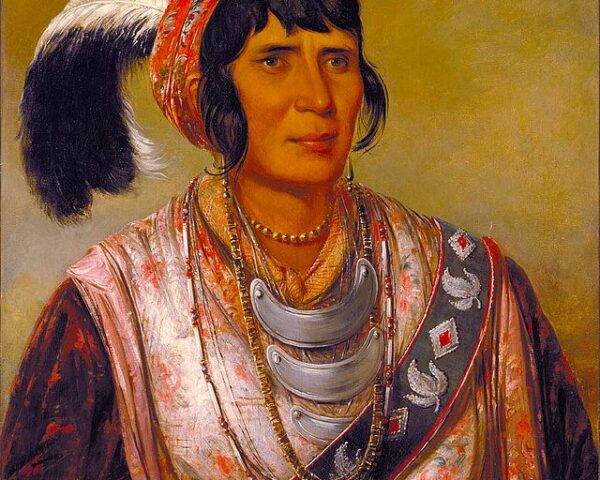The political drama that gripped the United States in the fall of 2000 reached a decisive—though hardly final—milestone on November 26, when Florida Secretary of State Katherine Harris certified Governor George W. Bush as the winner of the state’s 25 electoral votes. The certification placed Bush ahead of Vice President Al Gore by the thinnest statewide margin in modern American history and set the stage for the climactic legal battles that would ultimately determine the presidency.
The certification capped three extraordinary weeks of recounts, legal maneuvering, and national anxiety following the inconclusive Election Night results on November 7. Florida had entered the spotlight almost immediately that evening, as networks first called the state for Gore, retracted it, then later called it for Bush—only to retract a second time when the statewide margin narrowed to a statistical near-tie. By dawn, Florida alone held the keys to the White House, and its results were simply too close to declare.
Under Florida law, an automatic machine recount was triggered because the initial margin separating the candidates was less than 0.5 percent. That recount narrowed Bush’s lead even further, placing him ahead by only a few hundred votes out of nearly six million cast. But in several Democratic-leaning counties—Miami-Dade, Broward, Palm Beach, and others—local canvassing boards ordered manual recounts, arguing that outdated punch-card ballots and ambiguous markings might have led machines to miss valid votes.
For weeks, Americans watched a spectacle unprecedented in modern elections: teams of local election officials, lawyers, and observers squinting at punch-card ballots, holding “pregnant chads” and “hanging chads” to the light, attempting to determine the intent of individual voters. The courts were pulled into the process almost immediately. The Bush campaign argued that manual recounts were subjective, lacked consistent statewide standards, and violated equal protection principles. The Gore campaign insisted that voter intent was paramount and that the recounts were essential to ensuring accuracy in such a close contest.
As deadlines approached, the Florida Supreme Court ordered counties conducting manual recounts to continue their work and allowed them to submit updated totals by November 26. But on November 22, just four days before the statutory deadline, Miami-Dade County halted its hand recount, citing lack of time. Other counties struggled to complete their reviews amid legal challenges and logistical pressure.
By the afternoon of November 26, the recount process had yielded no definitive statewide consensus. Harris, a Republican and the state’s chief elections officer, announced she would proceed with certification based on the returns submitted by the deadline. Her final tally placed Bush ahead of Gore by 537 votes—a margin of roughly 0.009 percent. With Florida’s 25 electoral votes, Bush now held 271, one more than the 270 required for victory.
The certification was momentous but not decisive. Gore refused to concede, arguing that thousands of disputed ballots—especially those with partial punches or confusing layouts, such as Palm Beach County’s notorious “butterfly ballot”—deserved full review. Within hours of Harris’s announcement, Gore’s legal team filed a formal contest of the results in state court, ensuring that the struggle would continue. The nation braced for the next phase of a constitutional showdown that tested public patience and institutional trust.
The battle finally concluded on December 12, when the U.S. Supreme Court’s ruling in Bush v. Gore halted the recounts after it was determined that only counting certain counties violated the Equal Protection Clause of the Constitution, effectively confirming Bush’s narrow victory. But the turning point—the moment when the machinery of state declared a winner—came on November 26. The certification was the day the abstract uncertainty of the election hardened into a legal confrontation, transforming Florida from a political battleground into the site of a constitutional crisis whose reverberations would define American politics for a generation.






